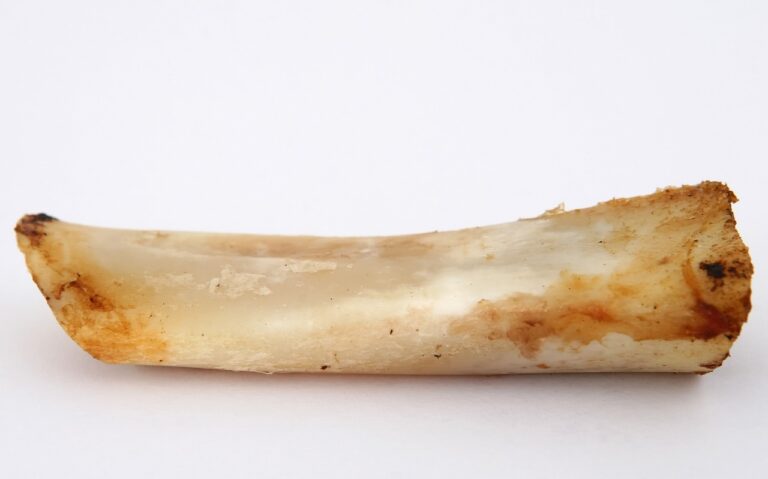The Role of Traditional Chinese Medicine in Digestive Disorders
Digestive disorders encompass a wide range of conditions that affect the gastrointestinal system, leading to discomfort and disruptions in normal digestion. These disorders can manifest in various forms, from mild issues like indigestion and bloating to more severe conditions such as ulcers, inflammatory bowel disease, or gastrointestinal cancers. Symptoms of digestive disorders may include abdominal pain, bloating, heartburn, diarrhea, constipation, and unexplained weight loss.
Factors contributing to digestive disorders can vary widely and may include poor dietary choices, stress, medication side effects, infections, food intolerances, or underlying health conditions. It is essential to seek medical advice if experiencing persistent or severe digestive symptoms to accurately diagnose any underlying issues and determine the appropriate treatment plan. Early detection and management of digestive disorders can help prevent complications and improve overall digestive health.
Understanding Traditional Chinese Medicine Theory
Traditional Chinese Medicine (TCM) is based on the concept of maintaining the balance of Yin and Yang within the body. According to TCM theory, Yin and Yang are opposite forces that must be in harmony for good health to be achieved. When these forces are out of balance, it is believed to result in various ailments and diseases.
In TCM, the body is seen as an interconnected system where the organs work together to maintain overall balance. Each organ is associated with specific functions and emotions, and any imbalance in one organ can affect the entire system. Therefore, TCM practitioners focus on treating the root cause of the problem rather than just the symptoms to restore the body’s balance and promote healing.
What is the basic principle of Traditional Chinese Medicine theory?
Traditional Chinese Medicine theory is based on the concept of balance and harmony within the body. It focuses on the flow of Qi (energy) and the balance of Yin and Yang.
How does Traditional Chinese Medicine view digestive disorders?
Traditional Chinese Medicine views digestive disorders as a result of imbalances in the body, such as a deficiency or excess of Qi, Yin, or Yang. It also considers the role of the spleen and stomach in digestion.
What are some common treatment methods used in Traditional Chinese Medicine for digestive disorders?
Common treatment methods for digestive disorders in Traditional Chinese Medicine include acupuncture, herbal medicine, dietary therapy, and qigong exercises. These aim to restore balance and harmony in the body.
How does Traditional Chinese Medicine differ from Western medicine in treating digestive disorders?
Traditional Chinese Medicine takes a holistic approach to treating digestive disorders, focusing on the underlying imbalances in the body rather than just treating the symptoms. It also emphasizes the importance of prevention and lifestyle changes.
Is Traditional Chinese Medicine safe for treating digestive disorders?
Traditional Chinese Medicine is generally considered safe when practiced by trained and licensed practitioners. However, it is important to consult with a qualified practitioner before starting any treatment to ensure it is appropriate for your specific condition.





